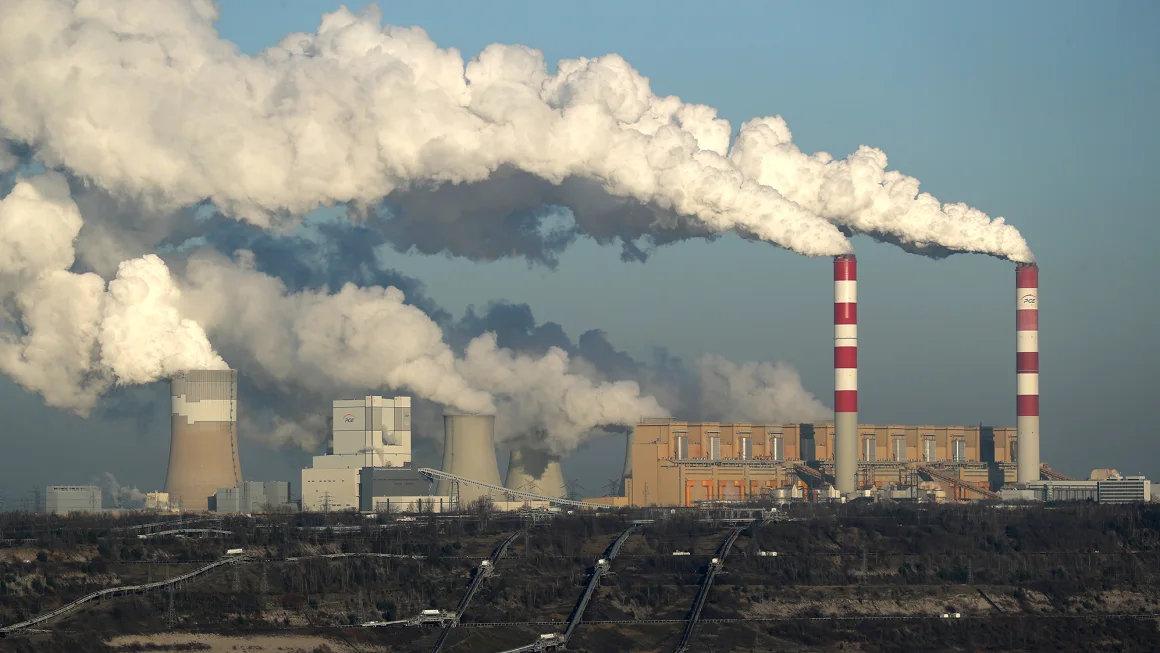
[ad_1]
The assessment is the first comprehensive report card on what the COP28 climate talks in Dubai have so far achieved.
The results show that the commitments represent less than one-third of what is now required to slash greenhouse gas emissions and cap global warming at 1.5 degrees Celsius above temperatures before industrialization. Science shows that life on Earth will struggle to adapt beyond that point.
IEA Executive Director Fatih Birol said the pledges were “positive” and in line with some of the recommendations the IEA had made ahead of the talks. But he said not enough countries had joined the pledges and that commitments to ensuring a decline in fossil fuel use was also needed to bridge the gap.
“The IEA’s very latest assessment of these pledges shows that if they are fully implemented by their signatories to date, they would bridge only 30 percent of the gap to reaching international climate goals,” he told CNN. “There is a need for more countries and companies to join the pledges — and for agreement on an orderly and just decline of global fossil fuel use if we want to keep the 1.5 °C goal in reach.”
The IEA also said in a statement that the pledges “would not be nearly enough to move the world onto a path to reaching international climate targets, in particular the goal of limiting global warming to 1.5 °C.”
The analysis was based on pledges around renewable energy, energy efficiency and the reduction of methane, a potent greenhouse gas.
More than 120 countries, including the United States, have now agreed to support tripling the world’s renewable energy capacity and doubling energy efficiency measures.
Fifty major oil and gas companies, including Exxon and Saudi Aramco, also signed a pledge at the talks to cut methane emissions from their oil and gas operations by the end of the decade. That means a reduction in methane intensity of around 80 to 90 percent from their products. They also agreed to end routine flaring by 2030. Flaring is the deliberate burning of natural gas during oil extraction. Companies sometimes flare natural gas to depressurize systems during oil drilling, though at other times, flaring occurs when an operator doesn’t need or want to collect all the gas available, often because it’s cheaper to burn it than collect it.
All these pledges together — if acted upon in full — would result in a reduction of around 4 gigatonnes of carbon-dioxide (CO2) equivalent than would be expected without them, the IEA said.
“This reduction in 2030 emissions represents only around 30 percent of the emissions gap that needs to be bridged to get the world on a pathway compatible with limiting global warming to 1.5 °C,” the IEA said.
Negotiators at COP28 are discussing an agreement in which the world could call for the phase-out of fossil fuels for the first time at the annual climate talks. But there are deep divisions — more than 100 countries are backing language to phase out fossil fuels, according to Kaisa Kosonen, head of Greenpeace’s COP28 delegation.
Several countries led by Saudi Arabia do not want reference to a phase-out or phase-down of fossil fuels at all, she said. CNN has reached out to Saudi Arabia for response.
Fossil fuel consumption is the main driver of the climate crisis. Countries agreed to a phase-down in coal production in 2021 at the COP26 talks in Glasgow, Scotland, but negotiations on language around all fossil fuels, including oil and gas, are proving more contentious.
The talks are happening at the tail-end of a year hit hard by the worsening climate crisis. Scientists have confirmed that 2023 is officially the hottest on record. Extreme weather events made more likely or intense by the climate crisis — including fires, floods, heatwaves and hurricanes — have claimed lives in many parts of the world.
[ad_2]